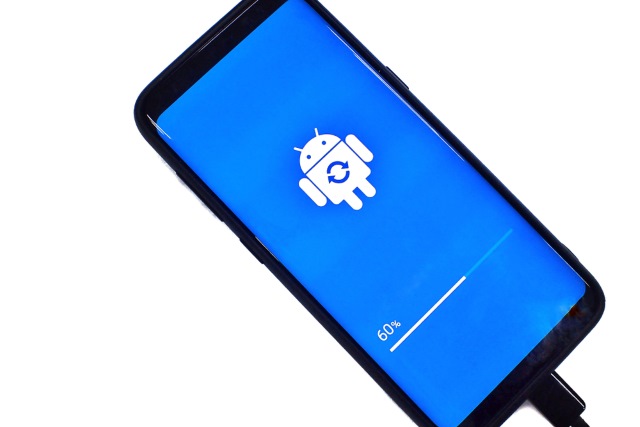In the world of mobile app development, app performance plays a crucial role in retaining users. Poorly performing apps often lead to app abandonment and negative reviews. This article outlines 10 ways to improve app performance and reduce app abandonment, providing insights and best practices for mobile app developers to enhance the user experience.
In today’s world, mobile apps have become a crucial part of our daily lives. With more than 2.8 million apps available on the Google Play Store and 2.2 million apps on the Apple App Store, users have a wide range of options to choose from. However, not all apps are created equal. The success of an app depends on its performance, which has a direct impact on user engagement and retention.
Mobile app performance is a critical factor in the success of an app. It includes app loading speed, smooth navigation, and responsiveness. A poorly performing app can lead to frustrated users who may abandon the app and never return. In this article, we will outline 10 ways to improve app performance and reduce app abandonment.
Optimize app load time

The load time of an app plays a crucial role in the user experience. Users are more likely to abandon an app if it takes too long to load. To optimize app load time, mobile app developers can reduce the app’s size by removing unnecessary resources, compressing images, and minimizing code.
Minimize network calls
Mobile app developers should minimize network calls by reducing the number of requests the app makes to the server. Developers can achieve this by caching data and implementing lazy loading to load only the required data.
Implement efficient memory management
Efficient memory management is essential to ensure that an app performs smoothly. Developers can achieve this by minimizing the use of memory-intensive operations and optimizing the app’s resource usage.
Optimize app architecture
The app architecture plays a vital role in the app’s performance. Mobile app developers should choose the right architecture for their app, considering the app’s complexity, scalability, and performance requirements.
Use efficient data storage

Efficient data storage is critical to app performance. Developers can optimize data storage by using the right database, caching frequently used data, and compressing data to reduce storage space.
Use background processes efficiently
Background processes can impact app performance, leading to a drain on the device’s battery and slowing down the app. Developers should use background processes efficiently by minimizing their use and providing users with the option to disable them.
Optimize UI and UX
The UI and UX play a crucial role in app performance. Developers can optimize the UI and UX by ensuring that the app is user-friendly, providing clear navigation, and reducing the number of clicks required to perform an action.
Test and debug the app
Testing and debugging the app is essential to ensure that it performs smoothly. Developers should test the app on multiple devices, identify and fix bugs, and optimize the app’s performance based on user feedback.
Monitor app performance
Monitoring app performance is essential to identify issues and optimize the app’s performance. Developers should use analytics tools to monitor app performance, identify issues, and make necessary changes to improve app performance.
Provide regular updates

Regular updates are essential to ensure that the app performs smoothly and stays relevant. Developers should provide regular updates to fix bugs, optimize performance, and add new features to keep users engaged.
Conclusion:
Mobile app performance is a crucial factor in the success of an app. Poorly performing apps often lead to app abandonment and negative reviews. Mobile app developers should optimize app load time, minimize network calls
Implement efficient memory management, optimize app architecture, use efficient data storage, use background processes efficiently, optimize UI and UX, test and debug the app, monitor app performance, and provide regular updates to improve app performance and reduce app abandonment.
In addition to these 10 ways to improve app performance, mobile app developers should also prioritize user feedback and incorporate it into their app development process. User feedback can provide valuable insights into how users are using the app, what features they like, and what areas of the app need improvement.
By following these best practices, mobile app developers can improve app performance, reduce app abandonment, and create an engaging user experience. However, it is important to note that app performance is not a one-time task, but an ongoing process. Mobile app developers should continually monitor and optimize app performance to ensure that the app performs smoothly and meets user expectations.
In conclusion, app performance plays a crucial role in the success of a mobile app. By optimizing app load time, minimizing network calls, implementing efficient memory management, optimizing app architecture, and using efficient data storage.
Using background processes efficiently, optimizing UI and UX, testing and debugging the app, monitoring app performance, providing regular updates, and prioritizing user feedback, mobile app developers can create high-performing apps that engage users and drive business success.



















